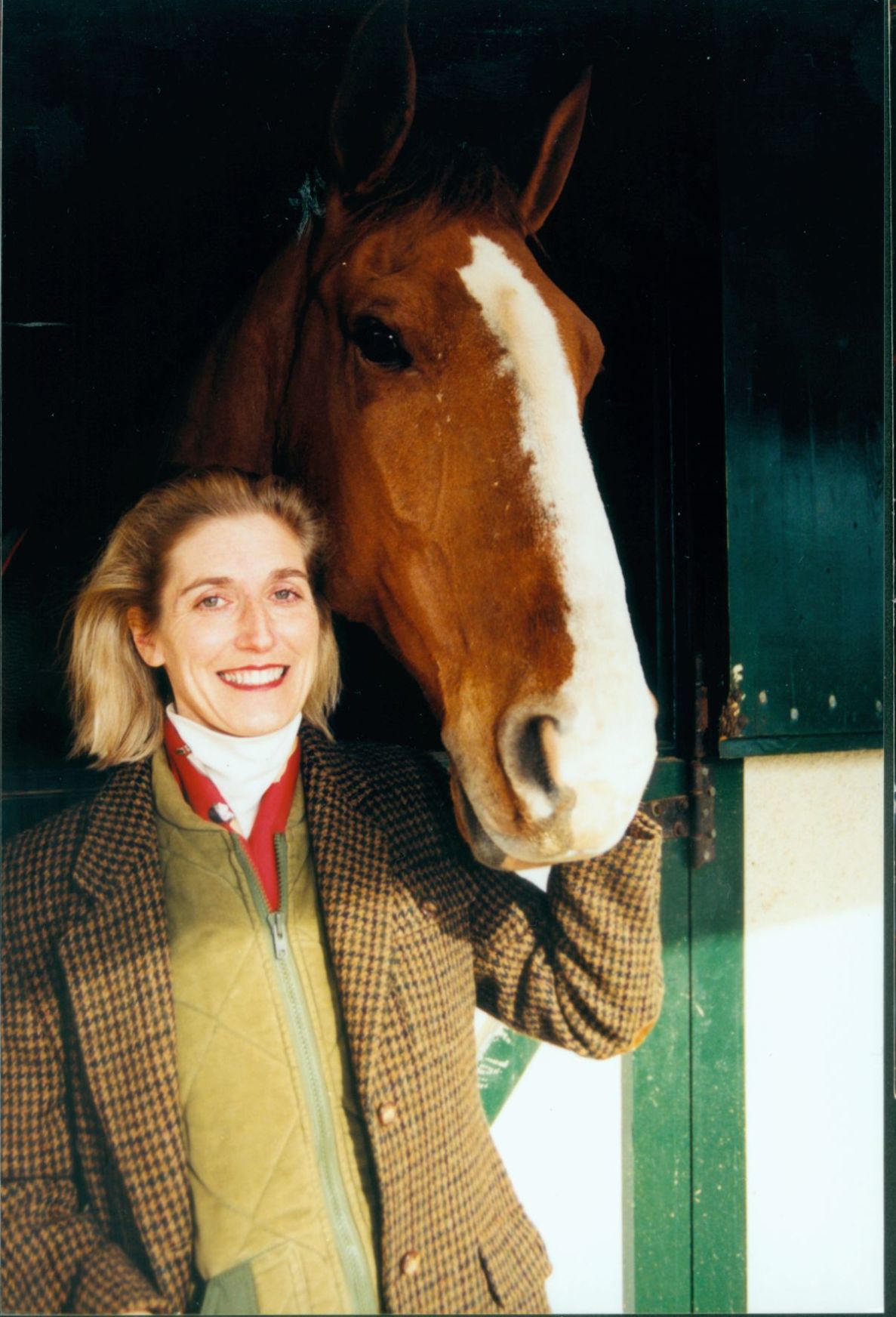This column was written by Katie O’Connor and appeared in Monday’s (Nov 20) Richmond Times Dispatch
Richmond native Anne Poulson knows better than most the special connection that exists between humans and horses.
It’s the trust and respect that horses require, she said, that makes that bond so special, and could be what makes horses so valuable in helping veterans with post-traumatic stress disorder.
“Horses are large creatures, and many of these veterans have never done anything (with them) except see them in a field,” Poulson said. “Coming face to face with these large creatures can be intimidating, but going through these … interactions, it’s very interesting how that empowers them to take control of other things in their lives.”
The study is taking place at a farm in New Jersey, where veterans have 90-minute weekly therapy sessions with the horses over eight-week periods.
The point of it is so that researchers, led by co-directors Prudence Fisher and Yuval Neria, both with Columbia University, can prove whether equine-assisted therapy works, learn more about how it works, and create a uniform system that can be applied in other programs.
Poulson has been around horses her entire life. Born and raised in Richmond, she has served as president of the Virginia Thoroughbred Association and as chair of the Virginia Racing Commission. She and her husband still have a farm in Orange.
There are a slew of benefits to therapy with horses, she said. Many veterans do not seek traditional office-based therapy due to the stigma of it, and because it often forces them to relive their trauma.
She said only half of veterans seek treatment for PTSD and, of those, 80 percent are likely to drop out. The need is great, too, she said, as statistics show that 20 veterans commit suicide every day.
But having veterans attend a beautiful farm and enjoy interacting with animals in a natural setting is beneficial in and of itself because it doesn’t feel like traditional therapy. And working with horses does not force them to relive their trauma, she said.
Horses also have their benefits over dogs, too. While dogs can be very therapeutic for veterans, their unconditional love functions in a different way.
“They’re there to sort of help veterans manage symptoms and problems, but they don’t really help them overcome problems because their reaction is always the same: I love you no matter what,” Poulson explained.
Horses, on the other hand, require trust and respect to build a relationship. There are numerous similarities between them and veterans.
“Horses are hypervigilant creatures, much like veterans,” Poulson said. “Vets are hypervigilant because of their combat experience, and horses are hypervigilant because they’re prey animals.”
Horses also tend to mirror someone’s emotions, so if a person comes into the interaction feeling anxious and uncertain, the horse will react to that.
Poulson added that, once the study wraps up, the program will expand and hopefully use more retired racehorses.
The program already exhibits a relationship with horse racing through its name: Man o’ War is still considered one of the greatest racehorses of all time. In 1920, he was featured along with Babe Ruth as the outstanding athlete by The New York Times.
Retired racehorses, like veterans, will have left an intense experience in which their daily job and purpose was clearly defined, she said.
When they come home from combat, Poulson said, veterans can often feel as though they’re searching for a mission. Horses can help them find that purpose.
Often, that can act as the basis for their bonding.
“It’s been really rewarding to see it,” she said.


